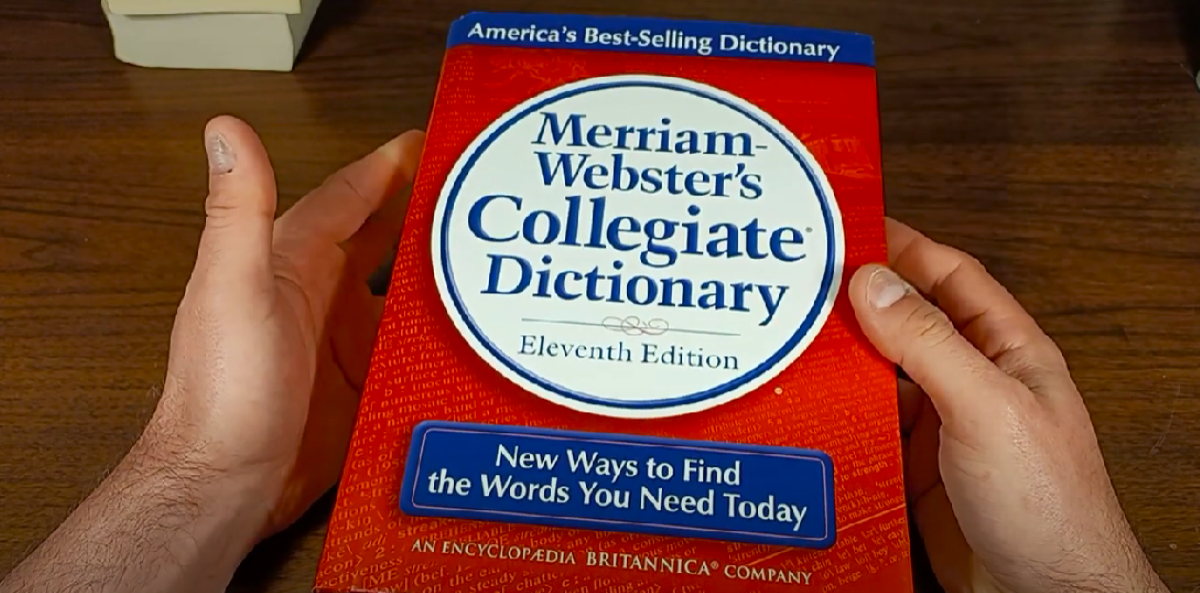“Authentic” as the word of the year for 2023: In an era characterized by the proliferation of deepfakes and the nebulous concept of post-truth, where artificial intelligence ascends to new heights and Elon Musk orchestrates a transformative metamorphosis of Twitter into X, the distinguished Merriam-Webster has crowned “authentic” as the word of the year for 2023—a word that encapsulates the essence of genuine, unadulterated existence.
n a curious twist, authenticity itself is grappled with as both a pursuit and an artifice, prompting an exploration of its multifaceted dimensions. The Merriam-Webster‘s site, the digital haven of linguistic exploration, witnessed consistent and heightened lookups for the term, marking it as a linguistic lodestar throughout the year, as shared by editor at large Peter Sokolowski with The Associated Press.
Reflecting on the broader context of 2023, Sokolowski delves into the zeitgeist, unveiling a narrative of what he terms a “crisis of authenticity.” In the throes of this epoch, the questioning of authenticity becomes a pivotal lens through which societal values are refracted. “What we realize is that when we question authenticity, we value it even more,” he observes, pointing to a paradoxical dance between skepticism and a heightened appreciation for the genuine.
Sokolowski and his adept lexicographical team refrain from deciphering the myriad reasons propelling individuals towards the embrace of dictionaries and online lexical repositories. Instead, they discern patterns from the data, observing the ebb and flow of lookup spikes and their correlation with global events. In the case of “authentic,” there was no singular moment of meteoric ascent; rather, a sustained and unwavering interest in the concept permeated the linguistic landscape.
As artificial intelligence burgeoned in significance this year, OpenAI, the architect behind ChatGPT, grappled with a leadership crisis—a human drama unfolding in the midst of technological advancements. Meanwhile, luminaries such as Taylor Swift and Prince Harry, prominent figures in their own right, embarked on personal quests for authenticity, intertwining their words and actions in a pursuit of genuine expression.

Elon Musk, a central figure in the technological realm, implored leaders at the World Government Summit to “speak authentically” on social media, advocating for a departure from curated personas in favor of unfiltered, genuine communication.
In a world where trust is a fragile commodity, Sokolowski, a seasoned lexicologist, reflects on the erosion of certainty in our perceptions. “Can we trust whether a student wrote this paper? Can we trust whether a politician made this statement? We don’t always trust what we see anymore,” he muses. The unsettling realization that authenticity itself is a performance, a carefully crafted presentation in the grand theater of existence, emerges as a poignant acknowledgment of the evolving dynamics of trust and truth in our contemporary milieu.






